Category: Political Science
-
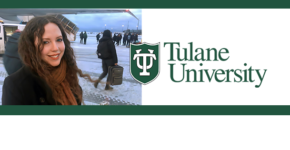
Jodie Childers, Tulane University – The U.S. and NATO in the Icelandic Literary Imagination
Iceland and NATO have a frosty relationship. Jodie Childers, visiting assistant professor in the department of English at Tulane University, examines the history. Jodie Childers is a Visiting Assistant Professor of English at Tulane University. Her research examines twentieth-century transnational Icelandic/American literary and political encounters. She has published her work in Comparative American Studies, Resources…
-
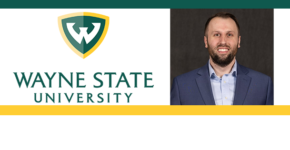
Mark Satta, Wayne State University – First Amendment Violations in Anti-Drag Laws
There’s a lot of hubbub around the First Amendment in the news. Mark Satta, assistant professor of philosophy at Wayne State University, examines this in the context of anti-drag laws. Mark Satta is assistant professor of Philosophy at Wayne State University. He received his PhD in Philosophy from Purdue University and his JD from Harvard…
-
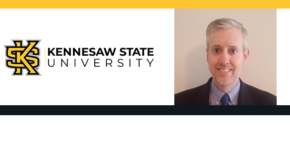
Stephen Collins, Kennesaw State University – Presidents, Twitter, and U.S. Soft Power
Words matter, especially in the political sphere. Stephen Collins, professor of government and international affairs at Kennesaw State University, examines this through the lens of social media. Dr. Stephen D. Collins is Professor of Government and International Affairs at Kennesaw State University (Ph.D., Political Science, Johns Hopkins University, 2004). His past publications have examined diplomacy,…
-
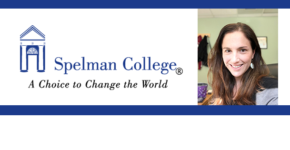
Amber Reed, Spelman College – Nostalgia After Apartheid in South Africa
Nostalgia may not be telling us the truth of the past. Amber Reed, assistant professor of international studies at Spelman College, examines why this is. Amber R. Reed is an anthropologist and assistant professor of International Studies at Spelman College in Atlanta, Georgia. She is the author of Nostalgia after Apartheid: Disillusionment, Youth, and Democracy…
-
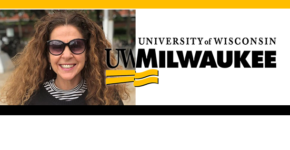
Carolyn Eichner, University of Wisconsin Milwaukee – The Paris Commune: The Long Shadow of France’s “Other” Revolution
We can look to the past for visions of how to shape our future. Carolyn Eichner, professor of history and women’s & gender studies at the University of Wisconsin-Milwaukee, determines how the Paris Communes can help us gain a more equitable future. Carolyn J. Eichner is Professor of History and Women’s & Gender Studies at…
-

Patrick James, University of California Dornsife – What Iraq Can Teach Us About the War in Ukraine
What can the Iraq war tell us about Ukraine from a U.S. perspective? Patrick James, Dana and David Dornsife Dean’s Professor of International Relations, University of Southern California, considers both entanglements. Among his honors and awards are the Louise Dyer Peace Fellowship from the Hoover Institution at Stanford University, Eccles Professor of the British Library,…
-
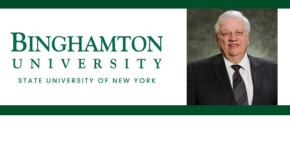
David Cingranelli, Binghamton University – The Need for National Human Rights Report Cards
Students get report cards; maybe countries should as well. David Cingranelli, professor of political science at Binghamton University, explains why. David Cingranelli is a Professor of Political Science. He has written widely on human rights, democracy, and governance. His 2007 book with Rodwan Abouharb, Human Rights and Structural Adjustment, (Cambridge University Press) demonstrated the negative…
-
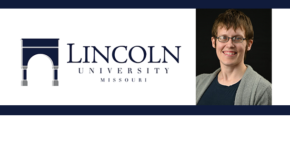
Elizabeth Dorssom, Lincoln University of Missouri – Why Do Legislatures Use Sunset Provisions?
Why do legislatures use sunset provisions? Elizabeth Dorssom, assistant professor of political science at Lincoln University of Missouri, delves into this question. Dr. Elizabeth Dorssom is an Assistant Professor of Political Science at Lincoln University of Missouri. Dr. Dorssom’s research focuses on the impact of resources on politics and policy. Specifically, I am interested in…
-
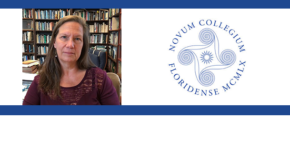
Miriam Wallace, New College of Florida – Free Speech and the 1780s Elocution Movement
Exercising rights can be key to a healthy society. Miriam Wallace, professor of English and gender studies at New College of Florida, explores why. Miriam L. Wallace is Professor of English and Gender Studies at New College of Florida where she has taught English literature from 1660 forward since 1995. She is the author of…
-
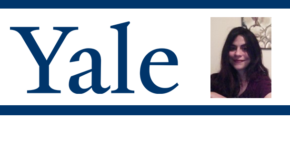
Dawn Brancati, Yale University – Locking Down ISIS
The COVID lockdowns may have had unintended benefits. Dawn Brancati, senior lecturer in the political science department at Yale University, looks into one. Senior Lecturer in the political science department at Yale University, who studies peacebuilding, especially in relation to democracy and democratic institutions. Locking Down ISIS At the outset of the COVID-19 pandemic, non-state…
